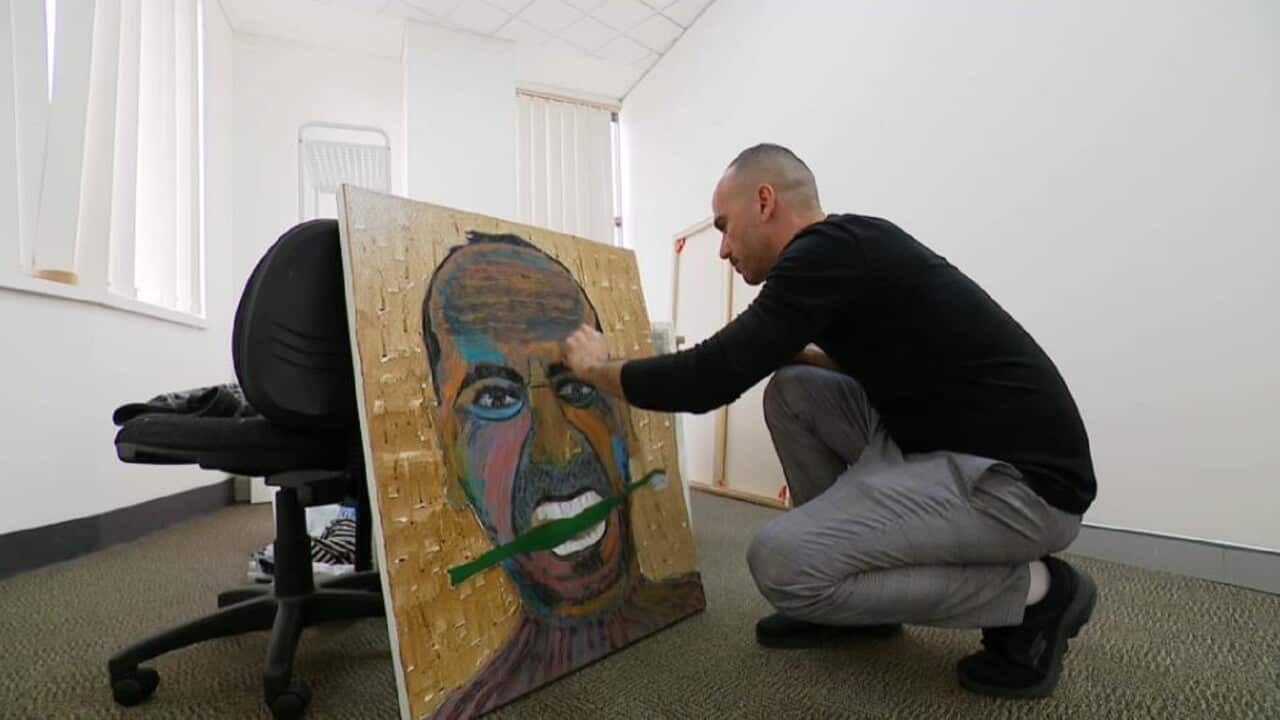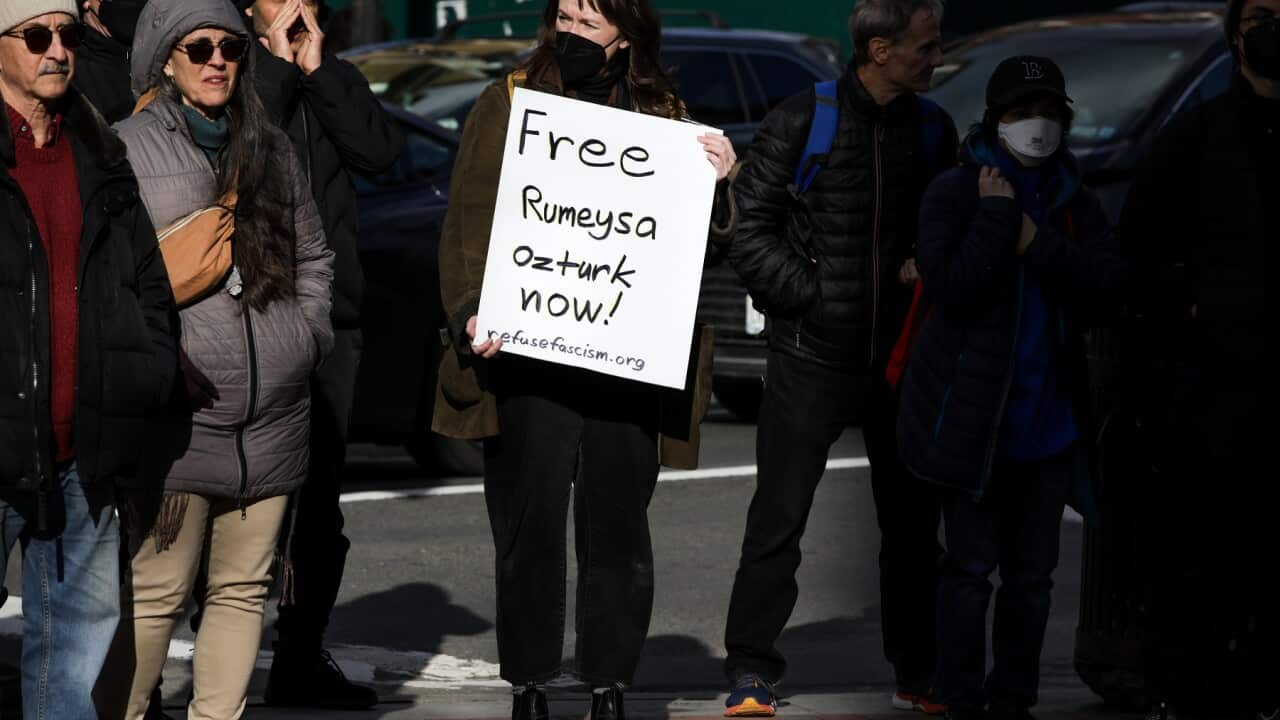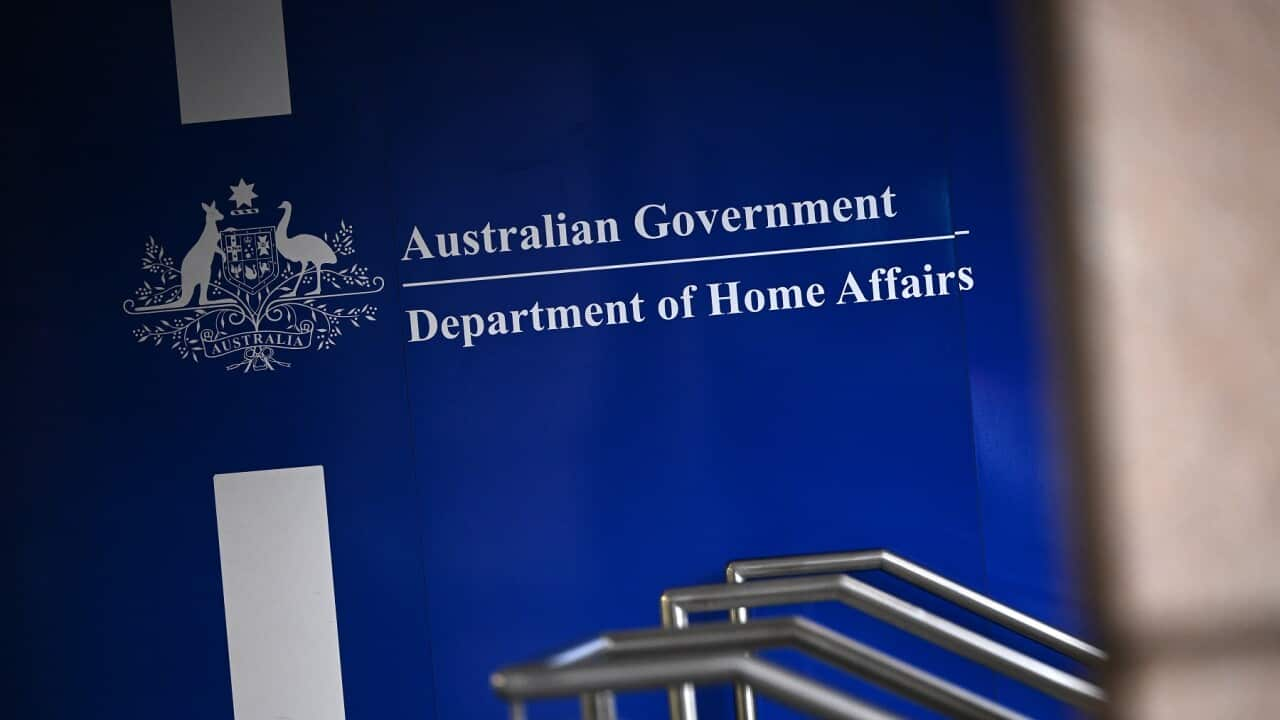TRANSCRIPT
With the next federal election in sight, migration looks set to be a defining issue.
Following the revelation that net migration - the number of long-term arrivals minus the number of long-term departures - grew to over 500,000 in the year up to September 2023, the Albanese government has committed to reducing the annual figure to 235,000.
Opposition Leader Peter Dutton has said he would ultimately bring the figure down to 160,000 if elected.
In response, two immigration and international policy experts have given an address to the National Press Club in Canberra, asking whether Australia's great multicultural experiment might be over.
Dr Abul Rizvi is a columnist and a former Deputy Secretary of the Department of Immigration.
He says he welcomes thoughtful discussion on net migration, but fears an unmanaged debate could lead to what he calls "civil unrest".
“We should have a public conversation about a long-term net migration target or better a range given the difficulties of actually hitting a net migration target, and its consequences for our collective future is, in my view, unarguable. But whether we can have that conversation calmly and rationally remains an open question. The danger with an election fought on immigration levels, as many past Australian politicians on both sides have recognised, is that it could degenerate into Trump-style name-calling and civil unrest including at polling centres.”
Dr Rizvi migrated to Australia as a child towards the end of the "White Australia" policy, which sought to prevent non-European migrants entering Australia.
He says that experience has informed his understanding of good and bad migration policy, and says the short-term strategies adopted by both the Albanese government and the opposition would lead to chaos.
Instead, he has called for a radical new understanding of net migration, to preserve Australia's economic prosperity and social cohesion.
"Net migration cannot be managed in the same way governments manage the migration program. Hitting a specific number of permanent visas issues is well within the capacity of government. That is not the case for net migration given the measurement issues and the lags involved. The approach to managing net migration will have to be similar to the way the Reserve Bank manages inflation: that is to try and keep net migration within a broad range and to take early corrective action if it appears net migration is moving significantly outside the range, after allowing for the impact of fluctuations in the labour market."
Both the federal government and opposition have committed to capping the number of international students, the former by limiting the number each university can enrol from January 2025.
Dr Rizvi has called instead for more rigorous entrance exams, with minimum entrance scores in line with those for domestic students.
Professor Michael Wesley is an expert in international affairs and a Deputy Vice-Chancellor at the University of Melbourne, where he is responsible for international students.
Like Dr Rizvi, he migrated to Australia as a child.
He says at the core of a desire to cap international students is what he describes as a "yawning silence" about the contribution international education has made to the making of modern Australia.
He says this contribution, which dictates Australia's ability to respond to pandemics, economic downturns and the climate crisis, began with those studying at Australian universities in the 1950s, many on postwar "Colombo Plan" scholarships.
"These students, mainly from South-East Asia and south Asia, came to a country that was enforcing a racially exclusionary immigration program known as the White Australia Policy. It was a policy with bipartisan backing and broad public support. Many Colombo plan students stayed with Australian families and began to have a significant effect on the shifting of society's attitudes to race. By the late 1950s there was growing criticism of the White Australia policy. It started to be loosened in the mid-60s was abandoned after 1973."
He says many of the things said about international students - including that they are contributing to the crises in housing and cost of living - are not borne out by the data.
"84 per cent of students who study at Australian universities go home after their degrees. Only 16 per cent stay on in Australia. Surely controlling the number of international graduates that become long-term migrants could be better managed by a more tightly administered post-study work visa regime. Another justification for the proposed legislation is students' pressure on accommodation and thus their contribution to the housing crisis. But students comprise just 4 per cent of renters in Australia."
Like Dr Rizvi, he supports carefully managed net migration of around 200,000 a year, as an ageing population brings natural population growth down below 100,000.
But he says the economic, political, and societal damage caused by short-term caps on migration - on everyone from fruit-pickers to skilled workers and international students - may not be easy to fix.
"Already we are seeing students who had intended to study in Australia decide it's too risky. Why would they risk paying an application fee and a visa fee if there's a good chance, they won't get a visa? Or have a long and uncertain wait? Why not just study in Europe or in the Gulf or in the US or in Singapore?"













